Tracking your pet’s resting respiratory rate is a key component of monitoring their cardiac health. Here is some information and guidance that will help you play an important role in your pet’s veterinary care!
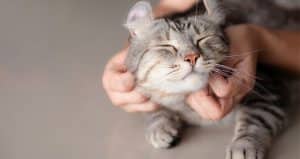
WHAT IS RESTING RESPIRATORY RATE?
A pet’s resting respiratory rate refers to the amount of breaths your pet takes in one minute when at rest. The “at rest” part is vital as a pet’s respiratory rate can be influenced by many variables including environment, activity, and/or stress level. By counting the breaths while your pet is sleeping, not only are we able to obtain clear data with minimal interference, but it also makes it easier for you to count!
HOW DO YOU KEEP TRACK OF YOUR PET’S RESPIRATORY RATE?
Ideally, to count your pet’s resting respiratory rate, find them at a time when they are sleeping and try not to wake them. If this proves difficult, you can count when they are quiet and relaxed, but make sure your cat is not purring or your dog is not sniffing an interesting scent. Purring and sniffing can affect your pet’s breathing rate and will give you incorrect information.
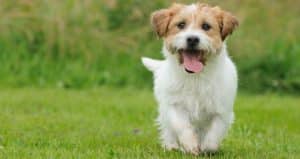
WHAT DO YOU NEED?
You will need a clock or stopwatch with you to tell you when a minute has passed- your phone is handy for this. Count each breath for 60 seconds by watching your pet’s chest rise and fall. One breath entails your pet’s chest rising and falling once. Then, record this number in a place that you will be able to reference easily- the “notes” app on your phone is great to use. The information that is collected is a great resource to bring along to your pet’s follow up appointments. Collect your pet’s resting respiratory rate as frequently as your veterinarian recommends. This can range from once daily to once weekly.
DON’T KNOW WHEN TO START? START NOW!
The sooner you start and the more often you do will establish a helpful baseline for your veterinary staff to compare to over time. If you notice that your pet’s resting respiratory rate increases by 25% or more from their usual, it is time to call your veterinarian. In general, the resting respiratory rate will be under 28 breaths per minute, with many pets under 20.
WHEN SHOULD I BE CONCERNED?
Labored breathing, restlessness, or coughing in your pet may be an emergency – call your vet at Loyal Companions Animal Hospital or seek emergency medical care for your pet.
An increase in your pet’s breathing rate while sleeping or at rest is very important to veterinarians as it can be a sign that your pet might be developing or have worsening heart conditions. If we are able to catch these signs early, the treatment for heart disease is more effective. In doing this at home, you are taking part in preventative medicine (as opposed to reactive medicine) as well as helping us keep your pet living happy and healthy for longer.




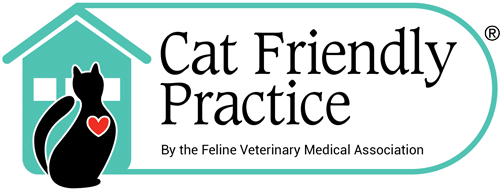

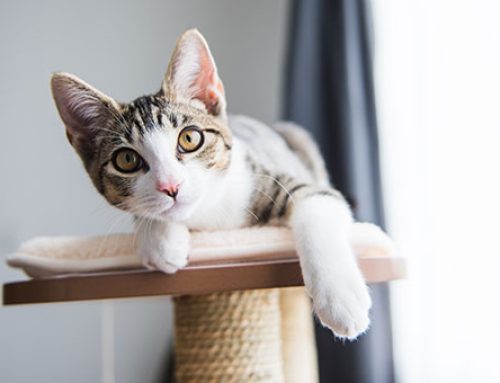

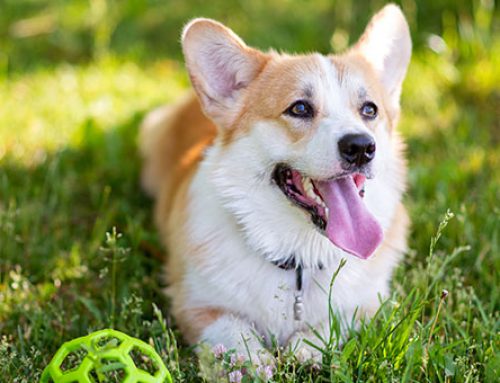








Leave A Comment